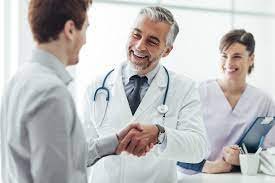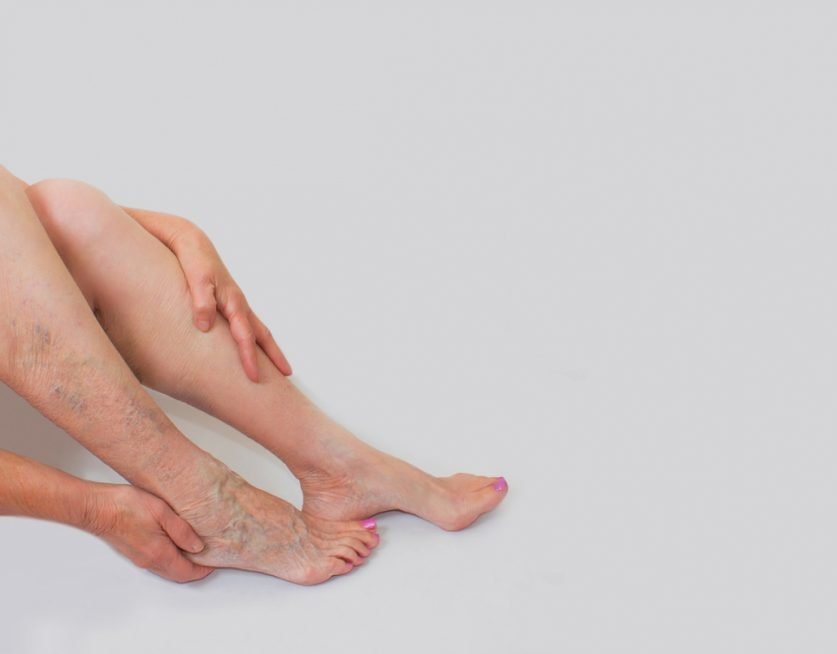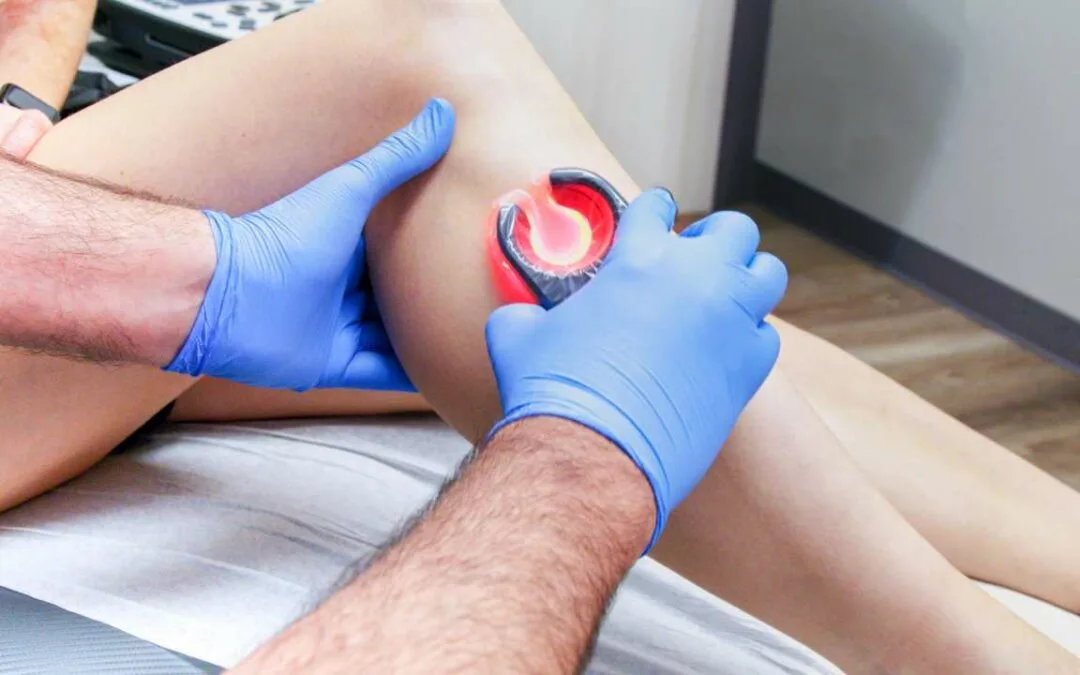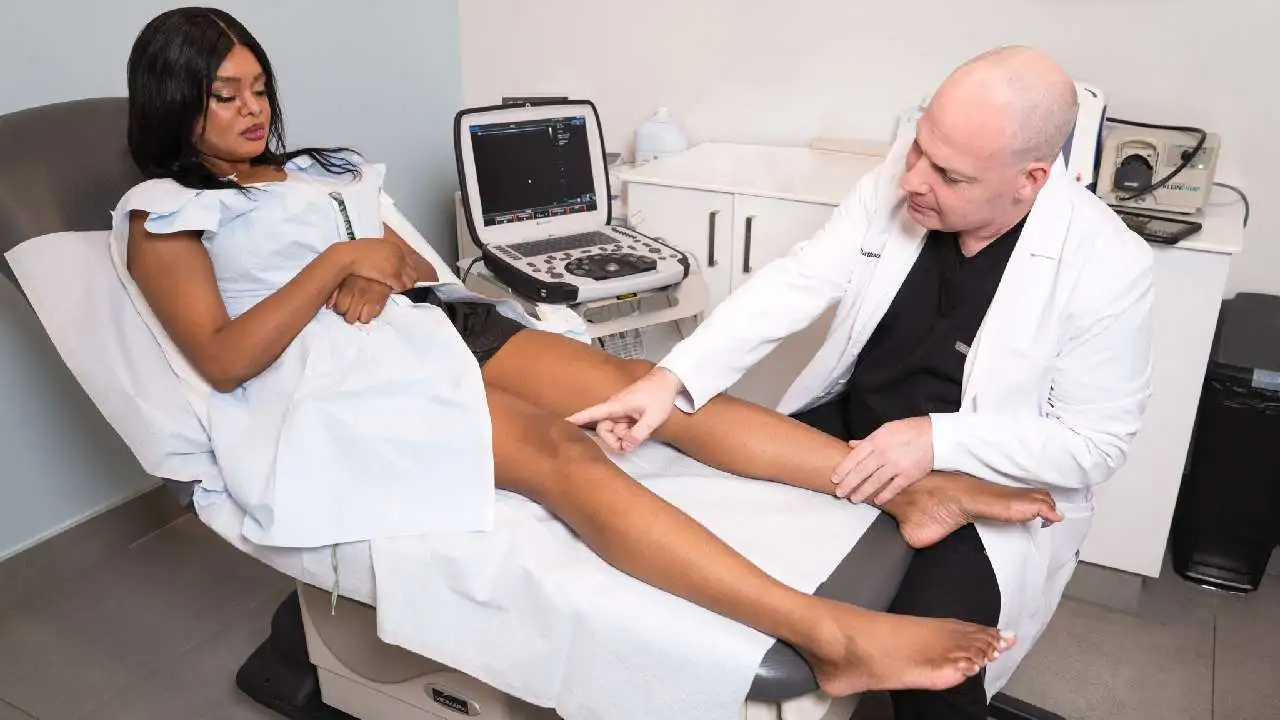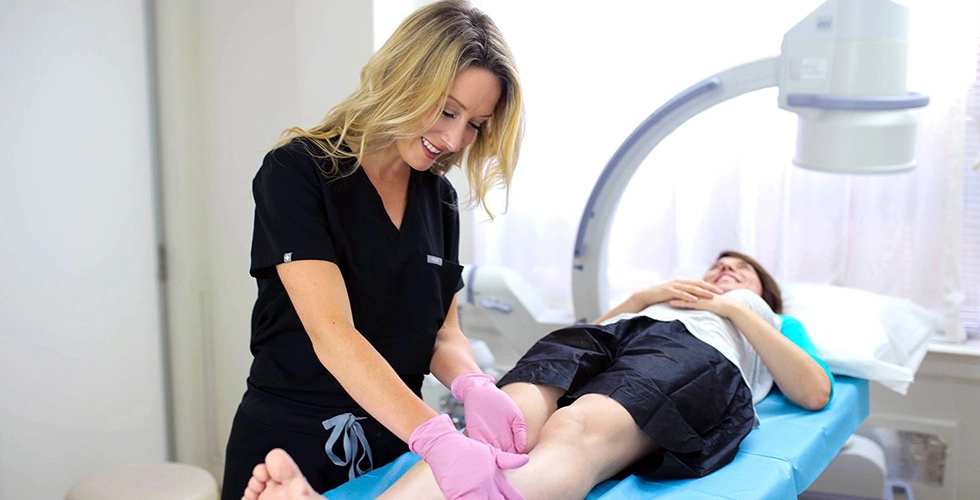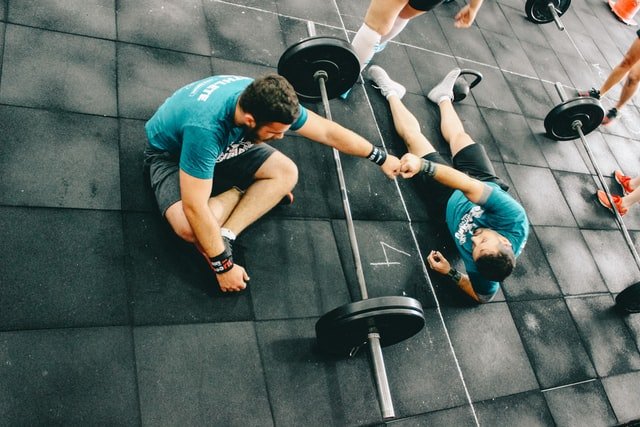Tag: What is a Vein Doctor Called
Who Are Vein Specialists?
What Kind of Doctor is a Vein Specialist? A varicose vein specialist is a doctor who specializes in treating venous insufficiency, the underlying condition that causes varicose veins. Your vein doctor should have received formal endovenous training throughout their residency and fellowship training. Vein-certified specialists will have completed training in interventional cardiology, interventional radiology, or vascular surgery. Competency is confirmed by board certification in one of these specialties, readily available to picky patients. Other specialties like pain management, internal medicine, or family medicine do not receive systematic training in minimally invasive endovascular surgery. However, they are not board-certified in the field of treating varicose veins. Who is the best doctor for veins according to specialty? The best type of specialist to see if you have chronic venous insufficiency or varicose veins is an ABMS board-certified specialist focusing on varicose vein disease management. The doctor you choose should be highly qualified and have received vascular disease-specific training. Not all vein doctors are indeed vascular surgeons, but given that managing vascular disease requires a great deal of experience and expertise, we advise you to consult only with vein doctors who have received formal training and are board certified in either vascular surgical treatment, interventional radiology, or interventional cardiology. What are the reasons to visit a vein specialist? What is a Vein Doctor Called? Vein specialists or phlebologists are vein doctors who specialize in treating veins. Here are some reasons to visit a vein specialist: Discomfort in legs Have you ever felt your legs heavy, achy, burning, or painful? If you encounter these distressing symptoms, you need vein treatment from a venous specialist. Heavy legs are one of the most apparent signs of vascular problems, such as chronic venous insufficiency (CVI). The usual causes of CVI include blood clots and varicose veins. Vein discoloration Another sign of vein disease is vein discoloration. The discoloration demonstrates that the blood pooling is due to venous insufficiency. People with varicose and spider veins can quickly happen to those who experience this symptom. Discoloration often occurs in the abdomen, legs, and feet when blood pools in the veins rather than returning to the heart. Due to the blood pooling, the pressure inside the blood vessels builds up until a leak occurs. Twisted veins Twisted or knotted veins are signs of varicose veins and venous insufficiency. Enlarged and twisted veins are twice as common in women as in men. If a suitable treatment plan is not implemented right away, varicose veins could seriously endanger your health. It's best to seek medical advice from a vein specialist so they can help you with your vein issues before they get worse. Swelling Blood clotting may cause fluid to seep from veins into the tissues around it, which may cause the affected area to grow. Swelling is one of the usual symptoms of varicose veins. Swelling on one or both ends of the body can be a symptom of vascular conditions. It is advisable to seek treatment for varicose veins as soon as possible from a reputable vein expert. Conclusion The above-provided details and information talk about vein specialists and the reasons for visiting them. For more informative details and updates, please visit veintreatmentnyc.com.
Do Vascular Surgeons Treat Vein Disease?
If you don’t know What is a Vein Doctor Called then the vein doctors or vein specialists are called vascular surgeons and phlebologists. The vascular surgeon treats and diagnoses vein diseases and manages issues and conditions in your veins and arteries that are also termed as blood vessels. These vein specialists treat various health issues and diseases, from varicose and spider veins to severe cases like aneurysms, and help the patients in managing these chronic conditions throughout their lives. What health conditions do vascular surgeons treat? Except for your heart and brain, vascular surgeons treat various kinds of issues related to veins and blood vessels in every part of your body. Which includes- Peripheral artery disease or Carotid artery disease A weak spot in your veins and artery A build-up of plaque in artery walls Compression disorders like thoracic outlet syndrome or nutcracker syndrome. Varicose veins. Large, twisted, or swollen veins.which cause pain and discomfort Spider veins. Small web of veins just beneath the surface of the skin. Venous ulcers, caused by poor blood circulation, and are non-healing wounds. Does vascular disease require surgery? Varicose vein treatments are done in the vein clinic or vein office. If you don't know What is a vein clinic is then let me tell you that a vein clinic is a center where vascular surgeons or specialists treat your vein issues. Varicose vein treatments do not require surgery. It is very rare for veins to be physically removed. In most cases, veins are simply closed using radiofrequency energy or chemicals that gently heat or dry vessels and veins to close them. Each of these vein treatments is painless virtually. Because the veins don’t have nerve endings. Is it possible to repair the veins naturally? There are plenty of ways to improve your overall health and strengthen the veins at home naturally. Drink plenty of water to maintain hydration Consume fiber-rich food Consume supplements and vitamins Avoid sitting or standing for a long time period Workout regularly Avoid smoking and alcohol Wear compression stockings Elevate your legs What are the signs that we shouldn’t ignore in vein disease? There are some signs that our body gives when we have venous disease. We shouldn't ignore these signs as ignoring them can lead to more serious diseases. Below are some of the common signs and symptoms of venous diseases that we shouldn't neglect Make sure to consult with your doctor if you have cramps in your legs when you walk which gets better after resting or if a leg cramp started when you were on some kind of medication If you experience swelling in your ankles, legs or feet then contact your doctor. Numbness in your leg is an abnormal condition in which you don’t feel any sensation in your legs. Conclusion In the end, we can say that the above matter gives us valuable information regarding vein specialists, vascular surgeons, vein disease, and more. For more information contact veintreatmentnyc.com
Popular Categories
- Blog (10)
- Dental (130)
- Diet And Nutrition (15)
- Fitness (33)
- Health (168)
- Lifestyle (25)
- Mind & Body (15)
- Weight Loss (16)

